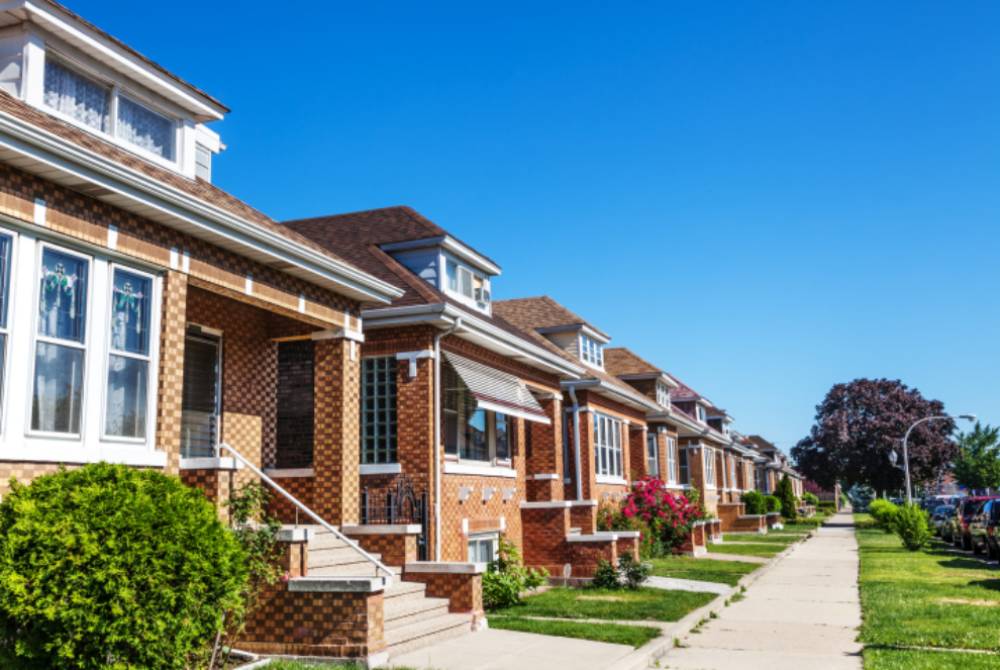Many people view Chicago as the place to be, primarily for the cosmopolitan setting but with a dash of Old World vibe. Thus, it comes as no surprise that home rentals here are attractive to new settlers. What’s more, is that there are many options to choose from among the homes for rent here.
Aside from the classic homes of the early 1900s (e.g., Chicago Greystone, Frame Two Flat, Worker’s Cottage), new houses and apartments have been emerging in downtown neighborhoods like the Chicago Loop, River West, and West Loop since 2008.
Whether you are opting for a vintage-style or modern home, here is what you need to know when renting in Chicago:
Renting won’t put a major dent in your savings:
While Chicago is one of the more expensive places in the US for renters, the city remains a more affordable option than NYC or LA. In its January 2021 report, online apartment finder Zumper.com reveals that a one-bedroom Chicago apartment costs around $1,400 to $1,900 per month on average. A Manhattan apartment, however, can cost over $4,000 every month.
Chicago not only provides a more budget-friendly option but also a lower cost of living. Some attribute this to Chicago’s location in the Midwest; others say it’s because it hasn’t imbibed the “yuppie concept” of other first-tier cities.
Know which neighborhood suits you:
If you are looking for a house or apartment that can help you to save a bit more, consider the West Side Austin neighborhood. Apartment rates can go below $600 per month. The West Side is also a hot and vibrant community that has been gaining a lot of attention in recent years.
If your taste is more upscale and you can afford to spend upwards of $2,500 a month, the River North community is for you. This affluent area has an assortment of art galleries, luxury bars, and best-in-class restaurants within walking distance.
Know your tenant rights in Chicago
Temperatures in Chicago can drop to around -25 degrees or lower. If you start having problems with your radiator, the city’s heat ordinance stipulates that the landlord must have it repaired as soon as possible. This is just one of the many laws that safeguard Chicago tenants’ rights.
Move-in fees are also becoming fairly frequent throughout the city. Compared to a security deposit, the move-in fee is non-refundable. Some landlords prefer to ask for move-in fees instead of security deposits because the latter requires the issuance of a receipt. Moreover, the money must be kept in an interest-bearing account. Failing to do so will result in penalties for the owner.
In addition, if you find the move-in fee to be steeper than usual, you can report this to the proper authorities.
Enlist the services of Real Estate Professionals from United Realty Group
If you are looking for ideal homes or apartments to rent in Chicago, seek assistance from one of the fastest-growing real estate companies here. The team will work with your budget and make sure all your rental concerns are taken care of.
